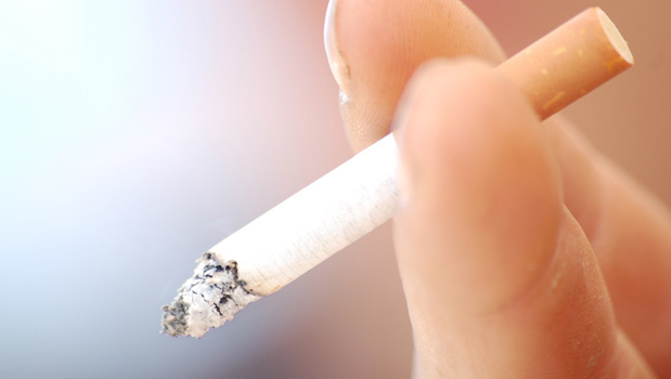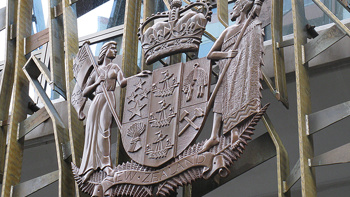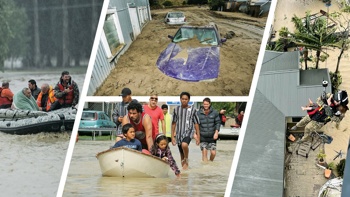
The Government will go ahead with a 10 per cent hike in the tobacco excise next year, but has not decided on a further rise on 2020.
That's despite a report today saying price increases force some families to decide between food and other essentials, or their tobacco fix.
Associate Health Minister Jenny Salesa confirmed the rise today following the release of a report from EY on the impact of the excise on New Zealand's Smokefree 2025 target.
"The 2019 excise increase is continuing and the Government will consider the 2020 excise increase next year," Sales said in a statement to the Herald.
"The Government has not considered advice from officials on the tobacco excise levy beyond 2020," she said.
It would receive further advice on the recommendations of the EY report early next year before deciding on the final 10 per cent increase in the tobacco excise levy currently scheduled for January 2020.
"I will be considering a range of other tobacco control measures next year and will consult ministerial colleagues on these as appropriate," Salesa said.
The EY report said while increasing the price of tobacco continued to be the single most effective tool for reducing tobacco use, multiple interventions working together were necessary to reduce tobacco consumption and daily smoking prevalence.
It also pointed to shortcomings in reaching Māori and Pasifika, and the deprivation high tobacco prices was creating for low-income families.
"Achieving Smokefree 2025 will be challenging, and without increased attention on further complementary tobacco control interventions ... the Government are likely to fall short of this target by a wide margin – for Māori and Pacific populations in particular," the report said.
Since January 2010, the Government has increased tobacco excise by at least CPI plus 10 per cent each year. The current series of tax increases are scheduled to end in 2020.
The report found that while the proportion of the adult population using tobacco had declined from 18.3 per cent in 2006/7 to 13.8 per cent in 2016/17, the gap in smoking rates for Māori and Pasifika remained significant – 2.7 times higher for Māori than non-Maori for example.
The impact of excise increases on the spending habits of income households was disturbing, with fewer than half (47 per cent) of all smoking households responding to price rises by buying less tobacco.
A higher proportion of lower income households bought tobacco than high-income households. They were also most likely to go without, or spend less on food and groceries, utilities and other essentials to buy tobacco.
One in 10 reported going without something they needed. Going without was twice as likely in Māori households than in European households.
Many people also said there had been times when they had to choose between tobacco and other essentials such as food, rent, petrol or other bills Most said the limited their spending on those essentials so they could buy the amount of tobacco they "needed".
There was also concern about the impact that spending on tobacco was having on young children, who would miss getting enough food, clothing, education and so on.
Asked about the impact of future tobacco increases, 60 per cent of current smokers said they would buy fewer cigarettes, but Europeans were more likely to do so (64 per cent) than those from the other main ethnic groups, particularly Pasifika (45 per cent), the report said.
"The weight of evidence shows that short to medium term increases to the excise are likely to continue to be effective at encouraging people to change their smoking behaviour.
"However, the extent to which smokers will continue to quit into the longer term is unclear, especially as those remaining smokers are likely to be those who have a strong addiction," the report said.
Act leader David Seymour said the Government paid lip service to the cost of living but was persevering with the former National government's punitive tax increases on smokers.
"The average smoker will pay about $3800 in tax each year. That's money some families could be spending on food and clothing. Tobacco taxes are having a minimal effect on smoking cessation but are literally taking food out of the mouths of some the poorest children in this country," Seymour said in a statement.
"Smokers already contribute far more in taxes than the costs to the rest of the community caused by their smoking. The Government needs to do an about-face on this failing, regressive policy.
A report on achieving the Smokefree 2025 goal from the Health and Māori select committees recently made a series of recommendations to the Government, including completing the unachieved recommendations from a 2010 Māori Affairs select committee inquiry.
Take your Radio, Podcasts and Music with you









